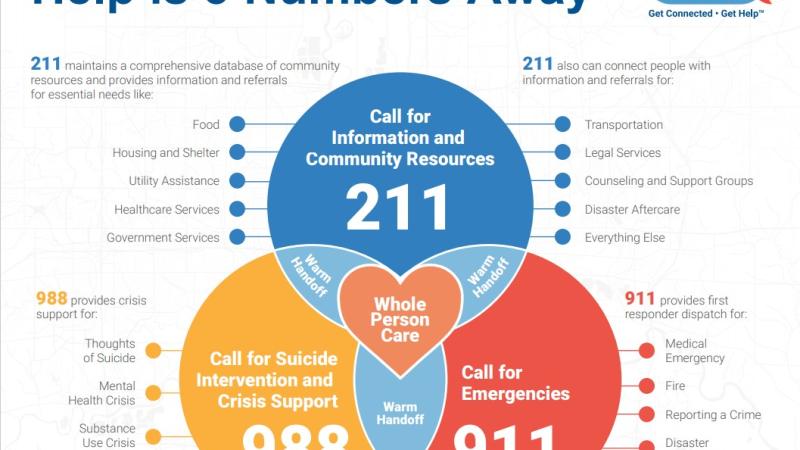
August 10, 2022
Back-to-school time is fast approaching and that leaves many parents rushing to make sure their child is prepared for a new academic year. In the midst of shopping for new clothes and school supplies, getting back to a normal sleep schedule, and making sure they haven’t forgotten their multiplication tables they worked so hard on last year, here’s one more thing not to forget…making sure your children are up to date on their childhood vaccines! Montana requires that all students entering kindergarten through 12th grade are vaccinated against the following preventable diseases: tetanus diphtheria and pertussis (TdaP); polio; measles, mumps & rubella (MMR); and chickenpox.
So, what are vaccines?
Vaccines, also known as immunizations, are either dead/weakened germs or part of a germ that causes disease. When children are given a vaccine, their immune system (the germ-fighting system) builds up resistance to that specific disease. When or if they are exposed to the actual disease, their immune system is ready to respond and the child either doesn’t get the disease at all, or gets a much milder version of it. Vaccines also decrease or eliminate the ability to spread the disease to someone else. So, not only do vaccines protect the people who receive them, they also help protect the entire community!
Are vaccines safe?
Yes! Vaccines are very safe and have been around and studied for years and years. Their extremely low risk profile and high effectiveness makes them one of the greatest developments in the history of medicine. That being said, vaccines do sometimes have minor side effects that you should be aware of – the most common are pain, swelling or redness at the injection site and fever. These side effects typically do not last more than a couple of days. Talk to your child’s doctor about the specific vaccines they are receiving so that you know what to expect. Also, make sure whoever is giving your child their vaccines knows their medical history. There are certain children with rare disorders (specifically those affecting the immune system) who should not receive certain vaccines.
Is there a connection between vaccines and autism?
As you have likely heard, in recent decades there has been controversy about whether vaccines (or certain components of vaccines) cause autism, a disorder of childhood development. There was a small study done that linked them. However, it turned out that the doctor who did the study actually fabricated his results, the publication was retracted, and that doctor lost his medical license. Since then, there have been numerous large studies that have found no causative link between vaccines and autism. If you have concerns about this, please talk to your child’s doctor.
Don’t forget about your tweens and teens!
While most childhood vaccines are recommended to be given by age six, there are a few that are given later on. Montana requires that all students receive a booster for tetanus, diphtheria and pertussis (TdaP) prior to entering the seventh grade. The CDC also recommends that tweens receive their first meningococcal vaccine (which fights a deadly and very contagious form of meningitis) as well the HPV vaccine series (a cancer-fighting vaccine) at that same time. Around age sixteen, teens should also receive their second meningococcal vaccine and should talk to their doctor about whether they should receive a vaccine against another form of meningitis (meningococcal B).
What about the COVID vaccine?
COVID vaccines are now available for all children over the age of six months! Depending on the specific vaccine, it is either a two dose or three dose series.
Where can my child get vaccinated?
Make an appointment with your pediatrician or family doctor to make sure your kids are up-to-date on their childhood vaccines! Even if they are not due for any immunizations, it is recommended that every child be seen once a year for a check-up to ensure they are growing up strong and healthy. They can also be vaccinated at your county public health department and at many pharmacies. Don’t forget to ask the doctor, nurse or pharmacist to register your child for imMTrax, a free electronic vaccine record, which will help you and your child’s healthcare provider keep track of your child’s vaccination needs.
Dr. Meaghan Lafferty is the first Pediatric Hospitalist to join the team at St. Peter’s Health. As a Pediatric Hospitalist, in addition to our team of independent Pediatricians, Dr. Lafferty cares for children hospitalized at St. Peter's. She earned her medical degree from Texas A&M and completed her pediatric residency at Brenner Children's Hospital. Dr. Lafferty is certified in General Pediatrics by the American Board of Pediatrics.



